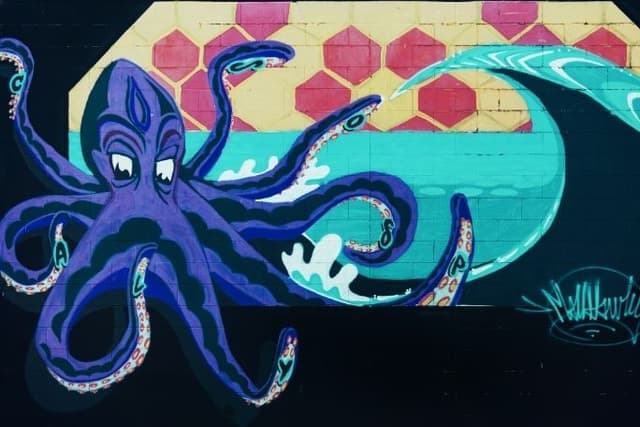
CLIMARTE - An animal's perspective on climate change
Lesson3 of 6 in this unit
PrimaryYear 5 - 6ScienceThe ArtsVisual ArtsEnvironmentalBiodiversityClimate Change
Summary
Lesson Guides and Printables
Lesson Plan

Teacher Content Info


Lesson Plan

Teacher Content Info
